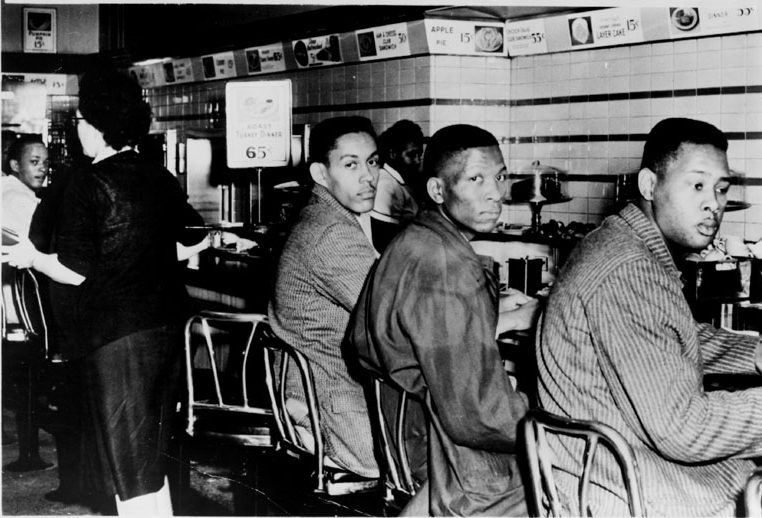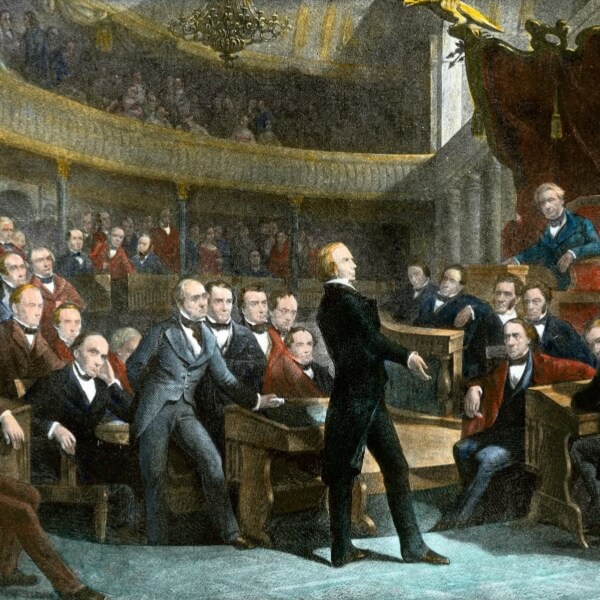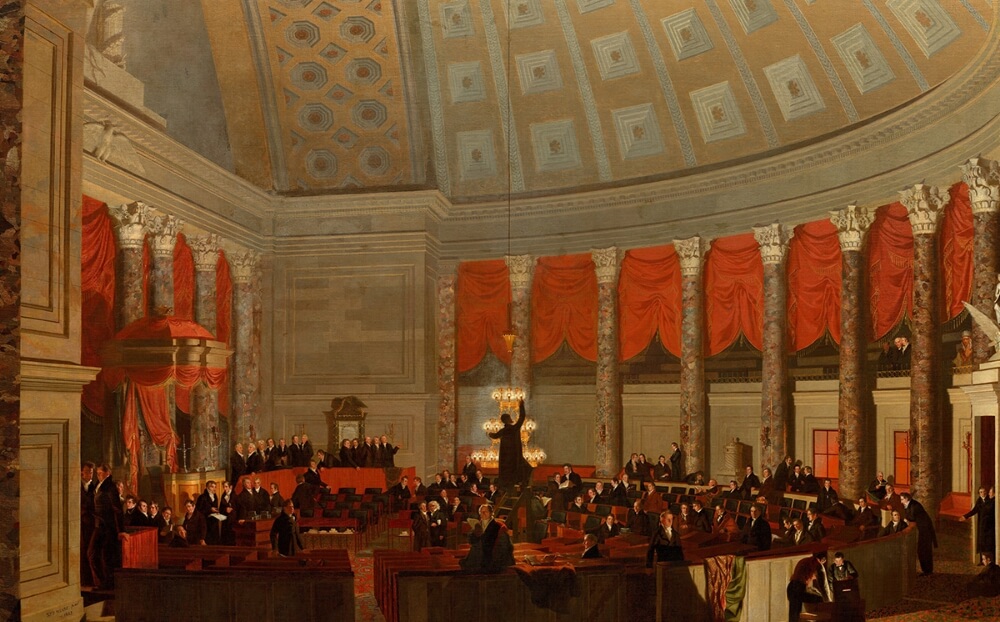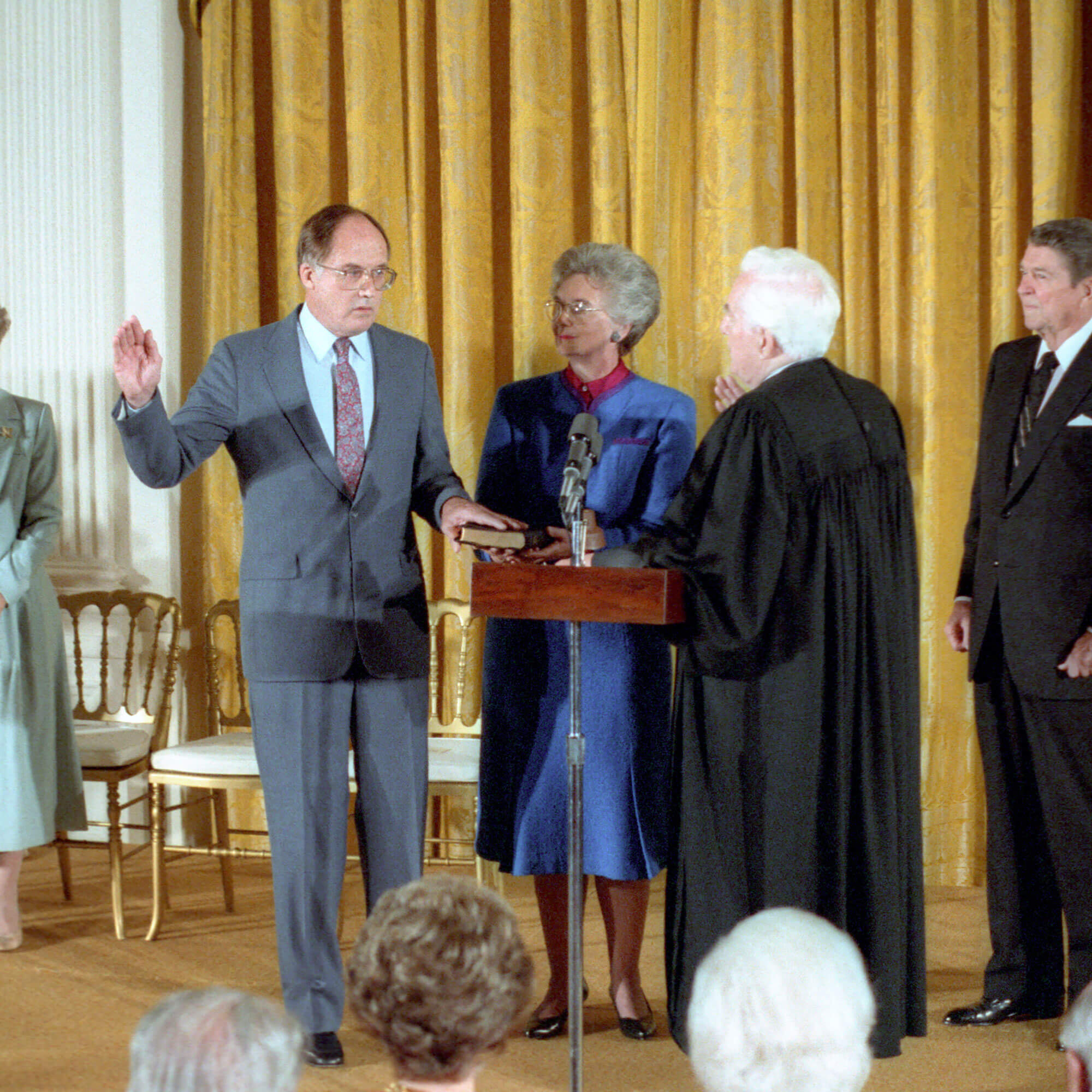Voting
4 results-
Thurgood Marshall as an Advocate
ArticleBefore he was a Supreme Court Justice, Marshall advocated for civil rights as a lawyer with the NAACP.
-
Incorporating Rights
EraDuring the 1950s and 1960s, Supreme Court decisions addressed issues involving individual rights in the civil rights movement, the apportionment of voting, police procedures, and the scope of state power in areas such as birth control and school prayer.
-
Earl Warren
Life StoryThe accomplished attorney general and California governor who led the Supreme Court as Chief Justice during a 16-year period of many Constitutional decisions protecting individual rights
-
Baker v. Carr
Significant CaseThe landmark case that declared unequal representation in legislative districts to be unconstitutional and that the courts have jurisdiction over questions of legislative apportionment




